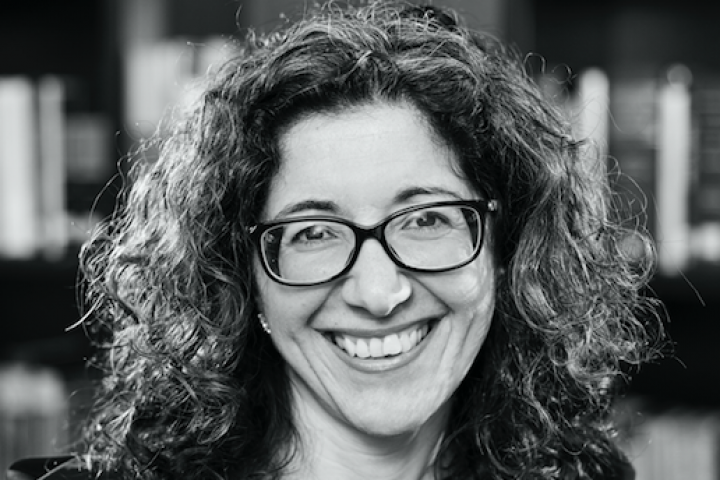As an executive search firm, we recognise that Grace Blue has an important role to play in advocating the DE&I agenda and as part of our continuing Leadership Talks programme, we invited Tali Shlomo to speak to us earlier this month. Tali is a recognised thought leader on DE&I, wellbeing and culture and has over 15 years’ experience as an HR Director operating at Board and Executive level across different sectors from media, tech, financial services, and start-ups.
Unconscious Bias
We asked Tali to share her wisdom to help us tackle unconscious bias in our role as partners to clients and representative for our candidates. She invited us to be open and honest and recognise when and how our bias might kick in. She explained that defaulting to people and situations that lie within our comfort zone is completely natural. Our brains are wired to filter the vast amount of information we take in, and the only way to make objective judgement calls is for all of us to actively educate ourselves to make this bias conscious. Taking a conscious look at our bias which makes us feel comfortable and safe is a step to conscious inclusion. We explored one example of bias, affinity bias, a bias based on a personal connection or someone who looks like us which contributes to the feeling of comfort.
Authenticity
Tali introduced us to the concept of “covering”. A McKinsey report states that around 60% of employees cover up so that they feel they can fit in. Examples of this are “appearance covering” – altering the way we look or dress, and “affiliation covering” – avoiding behaviours which are natural to us. Tali was frank enough to share her own personal example of “covering” and talked about her naturally curly hair which she had straightened for years. When she looks back and asks herself why – it’s simply because she thought her hair didn’t conform to what was generally viewed to be professional in a corporate environment. This brought Tali onto the importance of creating a work environment which allows employees to feel comfortable being their authentic selves – only in this way will they truly be able to create and deliver meaningful work.
Tokenism
An increasing number of organisations must meet diversity targets and goals. But how do you avoid tokenism and ensure that every person hired for a role is set up for success? And what do you do when faced with the realities that our industry has not cultivated diverse talent? When looking for talent, Tali believes in high-potential hires, and that drive and motivation can be equally as important as the right skill sets; in her words “you can learn the craft but you can’t teach passion and motivation to perform the role”. Tali challenges organisations to be braver and to hire high-potential individuals with less experience than an obvious candidate. She stressed however that it is vital these organisations create environments where these individuals can succeed and advocated a three-pronged approach:
Coaching – to ensure an individual is fully equipped to achieve their goals. That they have a safety net to catch them before they are deemed to have failed.
Mentoring – appoint a more experienced employee who can share their knowledge and provide holistic guidance.
Sponsorship – nominate a Sponsor to champion the individual in the organisation to ensure their work and name is being amplified.
We are on a Journey
We confessed to Tali that we weren’t quite sure how to navigate the complex topic of DE&I? Where do we begin? How do we truly avoid unconscious bias? Her advice was simple – be curious, start small, pick a subject that perhaps most touches our soul (is it ethnicity, disability, ageism, mental health, gender) and then share the learnings, exchange insight and invite ourselves to explore our bias and the impact it has on the decisions we make. There is such a huge amount of material now being published on the subject, which can be overwhelming. “It’s a journey” she said and remember that “in taking small steps we will make big strides”.
